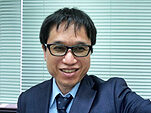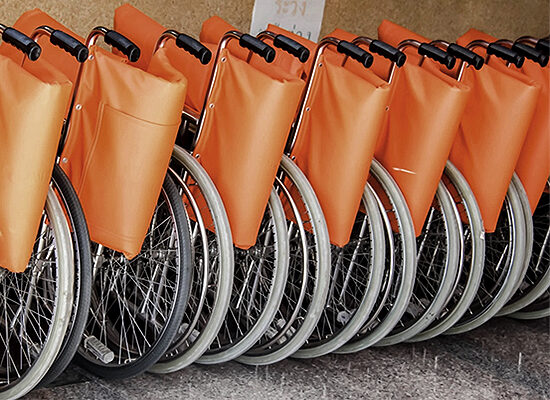Lunch Talk (open to the public) on Thursday, March 23, 2023, 1 p.m.
Disability identity and narrative theories in Japan: A possible cross-section
Prof. Dr. Masakuni Tagaki
Osaka Metropolitan University, Japan
The presentation examines the significance of disability-related activities for the narrated construction of disability identity among people with physical disabilities in Japan. Disability identity emphasises solidarity among people with disabilities, their sense of belonging and contribution to the disability community, and their interest in disability issues in social contexts. I conducted semi-structured interviews with 11 participants with physical disabilities (9 men and 2 women). Their average age was 58 years. The interview transcripts were analysed qualitatively using the KJ method developed in Japan (Kawakita, 1967). Six categories were obtained:
- Negotiating with people for services and physical management,
- Gratitude for the people around them,
- Frustration and dilemmas,
- Connecting with others through shared experiences,
- Wanting other people with disabilities (PWD) to stand up for themselves, and
- a desire to continue the activities they had supported.
I argue that the participants told their stories based on spatial and temporal perspectives with imaginative or subjunctive narratives. I argue that the participants located their daily experiences of disability in social and political contexts as they received qualified disability support and coped with discriminatory events by negotiating with service providers or local authorities. For them, these daily activities contributed to other disabled people and to themselves. The reference to the support of others reflected the modesty norm in Japan and showed that the participants maintained a regular and new relationship with them. Social resources, such as disability policy, are seen as an opportunity to generate new narratives by exploiting the uncertainty and ambiguity of disability policy. The time perspective was also used in their data. Participants involved in disability-related activities might see themselves as mediators between their predecessors and their successors, as they wanted younger people with disabilities to succeed in their disability-related activities. For them, the disability community is diverse and they do not only stick to those who have similar disabilities, but a certain degree of uncertainty remains.

Masakuni Tagaki is a full professor at the Graduate School of Sustainable Social Sciences, Osaka Metropolitan University, Japan. In his research, he focusses on disabilities and social inquiry. He is part of a network of cultural psychologists and is visiting the SFU Berlin to broaden his perspective and to discuss his research with the local researchers, students and people in Berlin who are interested in the topic.
The guest lecture will be held at the SFU Berlin, Columbiadamm 10, Turm 9 (behind the refugee camp), 12101 Berlin. Please consult the display in the left wing for the exact room. As we will provide snacks and beverages, please register for participation via e-mail:
Max Vogel: max.vogel@key2talent.de
Unfortunately, the SFU Tempelhof Campus is not barrier-free. But please do not hesitate to contact us to find individual solutions. We do our utmost to ensure participation.


 Zurück zur Übersicht
Zurück zur Übersicht